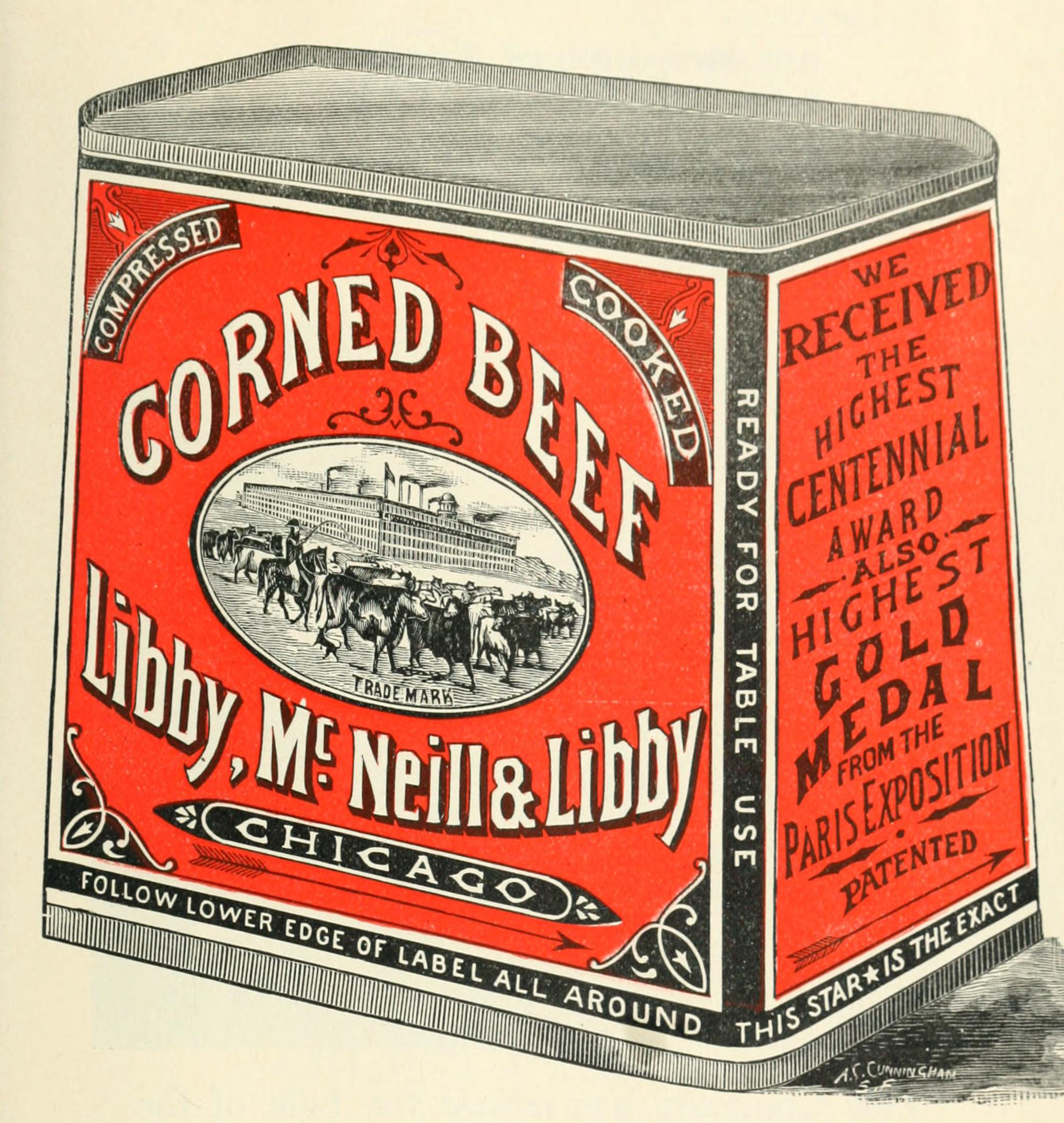
The report
We’ve now had a few weeks to chew over the latest report linking food and cancer. Only this time it wasn’t a puff-piece in your Sunday newspaper, but an extremely comprehensive report from IARC, the World Health Organization’s International Agency for Research on Cancer. After a systematic review, IARC’s findings on the links between red and processed meat consumption, and cancer, were published in a press release and in The Lancet in late October (the full findings will be published later as a monograph).
In brief, red meat (“all mammalian muscle meat, including, beef, veal, pork, lamb, mutton, horse, and goat”) was classified as being probably carcinogenic to humans. Processed meat (“meat that has been transformed through salting, curing, fermentation, smoking, or other processes to enhance flavour or improve preservation”) was classified as carcinogenic to humans. This means that, based on epidemiological studies, IARC found “convincing evidence” that meat products like ham, sausages, corned beef and biltong cause colorectal cancer.
Is meat the “new tobacco”?
Despite widespread media reporting that red and processed meats were now “as big a threat as cigarettes”, IARC did not actually make this comparison. Rather, it rated the strength of the evidence for the link as “Group 1”, meaning that the evidence is strong. So, the evidence linking tobacco and lung cancer is equally persuasive (Group 1) but this does not mean that eating meat is as dangerous as smoking. (This classification system is widely used in systematic assessments of nutritional evidence, including in the Australian Dietary Guidelines.)
Among those who denounced the comparison between eating meat and smoking cigarettes was Australia’s Agriculture Minister, Barnaby Joyce. Clearly, Mr Joyce has an interest in dampening any concerns that might threaten Australia’s reputation as a nation of meat-eaters – but in this case his assessment of the evidence was correct.
Regulation of bacon: the next frontier for public health law?
All in all, you may want to consider throwing a few extra vegetable skewers on your next barbeque. But more interestingly for our purposes, what – if any – are the implications for law and regulation?
As countries such as India and China undergo rapid social and nutritional transitions, the demand for meat will only grow – worldwide, meat-eating is correlated with greater wealth. This has environmental as well as health implications. Together, these implications may eventually prompt countries to take regulatory action.
While there are currently no jurisdictions that regulate the consumption of meat, the following developments may be indicative of an early trend:
- “Meatless Mondays” or “meat-free Mondays” campaigns have been springing up around the world since the early 2000s. These tend to be grassroots civil society initiatives aimed at making vegetarian food more acceptable and available.
- In 2009, the Belgian city of Ghent became the first in the world to proclaim an official “Veggie Thursday”.
- The most recent iteration of the US government’s dietary guidelines, “MyPlate”, refers to daily “protein” rather than “meat” consumption.
- In the early 1990s, Ghana introduced food standards setting maximum fat limits for pork, beef, mutton and poultry, in response to concerns about diet-related NCDs. While not a curb on meat consumption per se, this regulatory response does speak to some of the concerns raised by IARC.
- Perhaps most tellingly, the food industry has come to recognise the commercial potential of vegetarian foods, which are now said to have “gone mainstream” after decades on the hippie fringe.
This is where the comparison with tobacco control may be more salient. The evidence linking tobacco to cancer was recognised by some governments as early as the mid-1950s, but the WHO’s Framework Convention on Tobacco Control was not enacted until 2003. Biltong regulation will no doubt require a similar fermentation period. But the mix of voluntary, regulatory and commercial developments above suggests that the goal of curbing meat consumption is not far-fetched or conceptually unappealing. More controversial perhaps will be the methods of achieving that goal. Warning labels on a pack of sausages? A tax on bacon? A ban on quarter-pounders? We’ll get back to you in 30 years…
Leave a comment